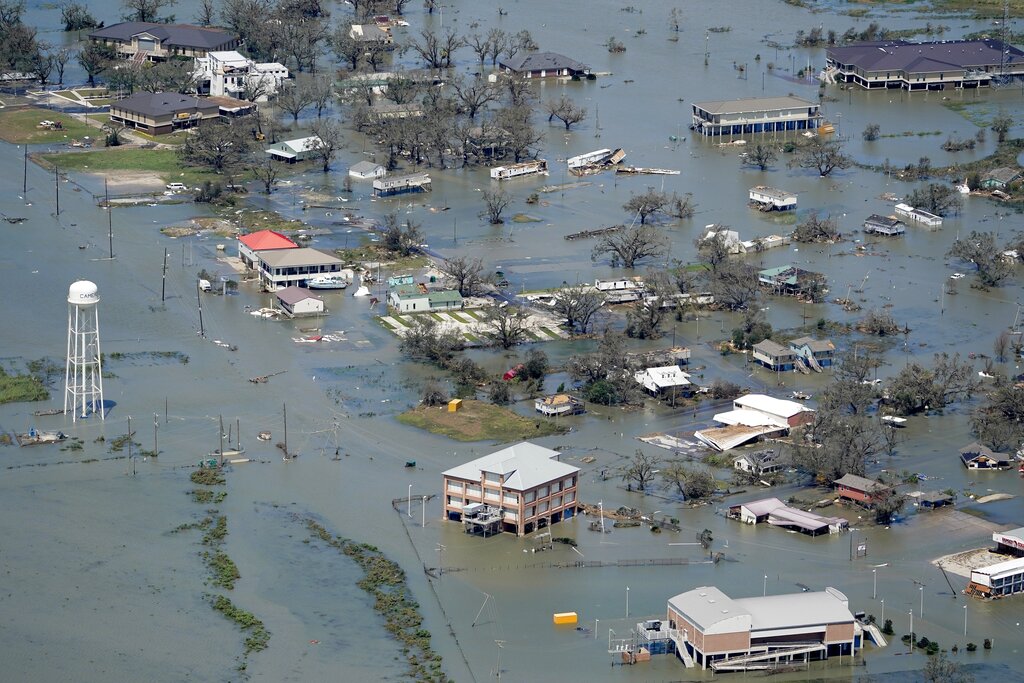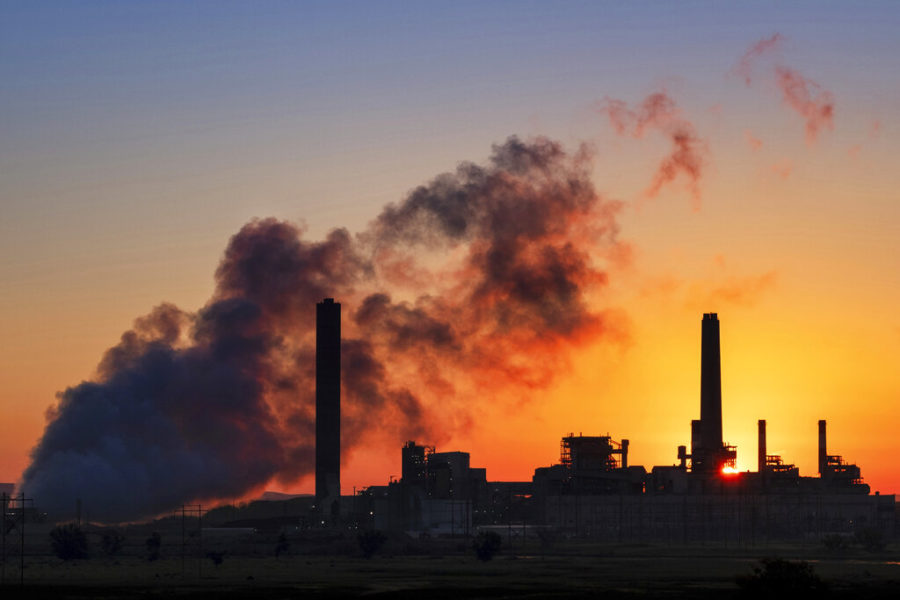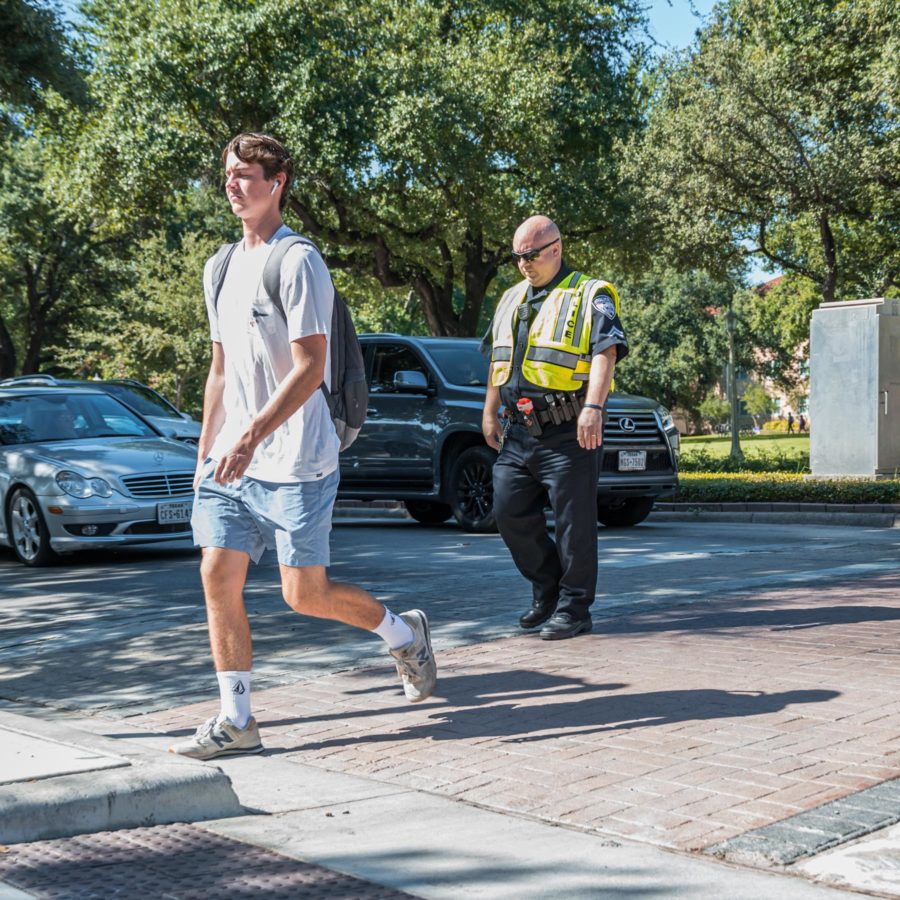An environmental expert spoke to TCU students and faculty about the future impacts of climate change and what they can do to live more sustainably.
Dr. Mark Dambro, a retired physician and certified trainer for former Vice President Al Gore’s Climate Reality Project training course, joined the weekly Friday Focus webinar hosted by the Department of Sociology and Anthropology.
TCU sociology professor Dr. Keith Whitworth introduced Dambro and placed the potential impact of climate change in the context of the ongoing pandemic.
“COVID-19 could possibly look like a minor event in our history compared to the destructive impacts of climate change,” said Whitworth. “Many experts in a variety of disciplines have commented that COVID-19 is merely a dress rehearsal for the devastation and disruptions of climate change.”
Dambro addressed the effects of climate change in his lecture and subsequent Q&A.
Consequences of climate change
Dambro said the unprecedented nature of climate change and its effects on human health invite the question, “Can we as a species survive?”
During his speech, Dambro called climate change “a medical emergency,” referencing heat stress following extreme temperature events, health issues from exposure to air pollution and the impact of the expanding range of disease-carrying organisms such as mosquitoes as the earth warms.
Dambro explained tropical diseases are moving farther north into areas where people lack genetic resistance.
Nineteen of the 20 hottest years on record have taken place since 2001, according to NASA.
Ninety percent of the surplus heat is absorbed by the ocean, causing more frequent and severe storms and rising sea levels, said Dambro. He pointed out that the effects of climate change on the ocean hit close to home: in August, two hurricanes, Laura and Marco, occupied the Gulf of Mexico simultaneously for the first time.

Finding climate positivity
However, Dambro found climate optimism in an unusual source.
During spring lockdowns, air pollutants declined by as much as 60% worldwide as factories closed and the transportation sector declined, according to a study by the American Geophysical Union.
“COVID-19 in all of its negatives did give us a positive, and it was the unique opportunity to show that we can decrease air pollution and [pollution] is from human activity,” said Dambro. “There’s a lot of doom and gloom in all of this, but there is hope. All is not lost and we don’t have to have a pandemic to move forward.”
Working together
Dambro concluded his lecture by talking about how countries must work together to mitigate the effects of climate change.
He cited the 2015 Paris Climate Agreement, in which 187 countries committed to reducing their greenhouse gas emissions, as an example of positive change.
Dambro also said he was heartened by the global increase in renewable energy, especially the production of wind and solar energy.
“Future generations should inherit a planet which is not only habitable, but beautiful, clean and as healthy as the earth can possibly be,” Dambro said.
Dambro encouraged members of the TCU community to collectively make sustainable choices and advocate for a greener world.
“Join those who are using their voices, using their votes, using their choices in life and in the marketplace to fight for your future, your community, for your world,” Dambro said. “Use your voice, your vote, your choices and speak power to truth like your world depends upon it.”










